Exploration of Modernization in Chinese Cities: The Fusion of Technology and Culture
Are you aware of the current appearance of Chinese cities? When China is mentioned, bustling metropolises like Beijing and Shanghai immediately come to mind for many. However, in recent years, Chinese cities have undergone tremendous transformations, rapidly moving towards a future as high-tech urban centers. Cashless payments have become the norm, artificial intelligence is ubiquitous, and the concept of smart cities is gradually becoming a reality, all of which are remarkable achievements in global urban development. While pursuing modernization, China also places special emphasis on preserving historical landmarks and heritage, passing down cultural legacies, blending modernity with historical and cultural charm in each city城市(chénɡ shì). Are you interested in learning more? This article will introduce you to it!
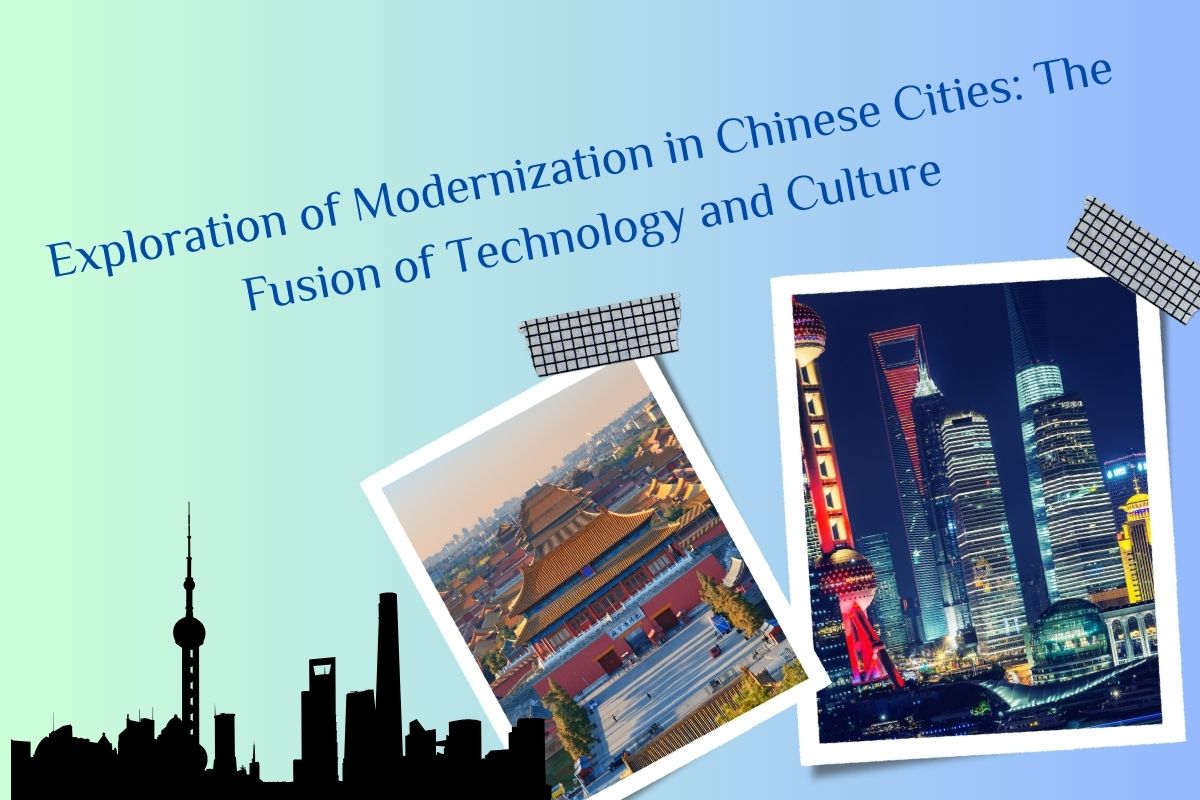
城市 (chénɡ shì), noun, city
Examples:
- The city is so beautiful.
这座城市太美丽了。
zhè zuò chénɡ shì tài měi lì le 。 - The big city of Beijing has many historical sites.
北京这座大城市有很多历史古迹。
běi jīnɡ zhè zuò dà chénɡ shì yǒu hěn duō lì shǐ ɡǔ jì 。
Cashless Society
China is leading the world into a new era of cashless payments, a change that is both rapid and significant. Imagine moving from bustling cities to serene towns, where purchasing goods, taking public transportation, or enjoying street food all involve taking out your phone, scanning a QR code, and completing transactions; this is the daily scene of China's cashless society. Smartphones and mobile payment apps like Alipay and WeChat Pay have deeply integrated into people's lives. These payment methods are simple to operate, secure, and greatly enhance transaction efficiency. No longer carrying bulky wallets or worrying about change, cashless payments have digitized everyone's wallets.

In short, China is leveraging the power of technology to propel a quiet revolution in payment methods, where "cashless" is not just a concept but a part of everyone's everyday reality.
Artificial Intelligence智能(zhì nénɡ) Society
智能 (zhì nénɡ), noun, intelligence
Examples:
- It would be a significant expansion of human intelligence.
这将是人类智能的一次重大扩展。
zhè jiānɡ shì rén lèi zhì nénɡ de yí cì zhònɡ dà kuò zhǎn 。 - Artificial intelligence is the trend of the future.
人工智能是未来大势所趋。
rén ɡōnɡ zhì nénɡ shì wèi lái dà shì suǒ qū 。
China's rapid advancements in the field of artificial intelligence are profoundly impacting various aspects of urban life, particularly in areas such as autonomous driving, smart healthcare, and unmanned deliveries, where technological applications have already begun yielding results, bringing unprecedented convenience and efficiency to cities.
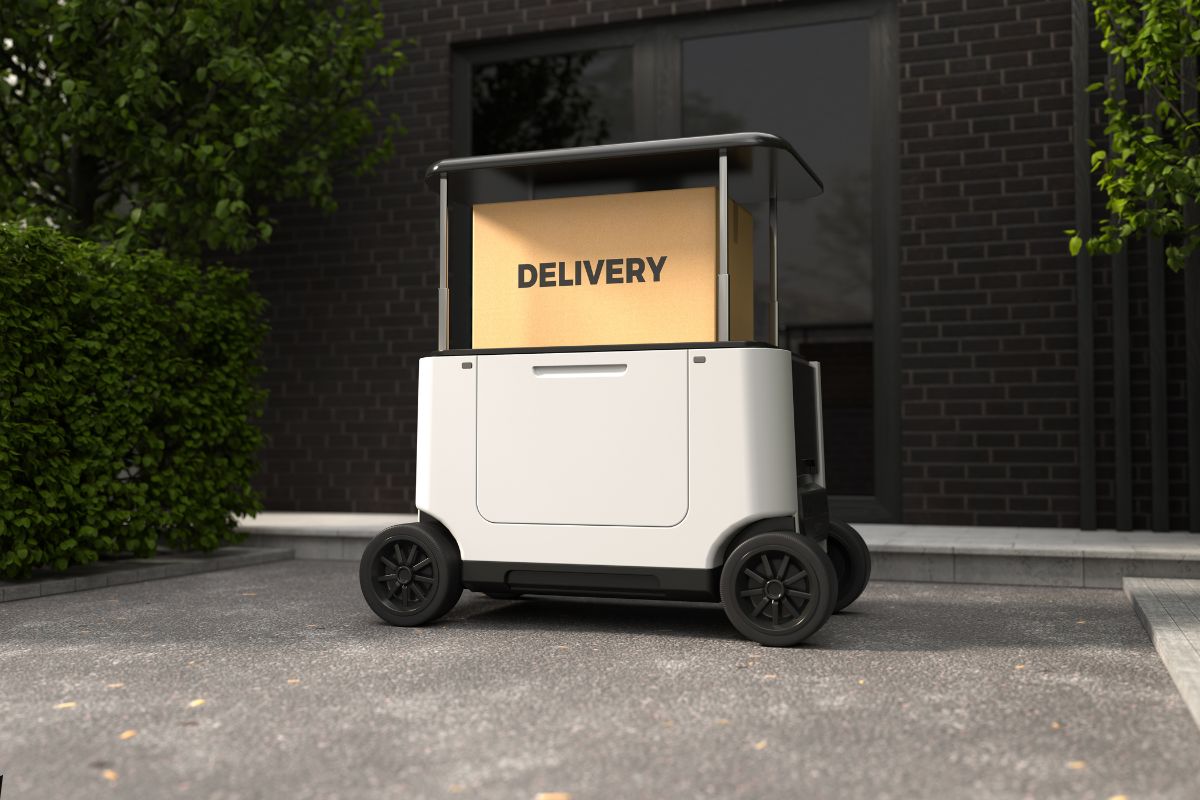
By utilizing advanced artificial intelligence technologies, remote medical diagnosis systems are revolutionizing the way medical services are delivered. Patients in remote areas can now access quality healthcare services. Doctors can provide services such as imaging diagnosis and professional consultations through remote medical platforms, expanding the geographical reach of medical assistance, making professional diagnosis accessible to people in remote areas, and significantly improving service efficiency, making high-quality healthcare services more accessible!
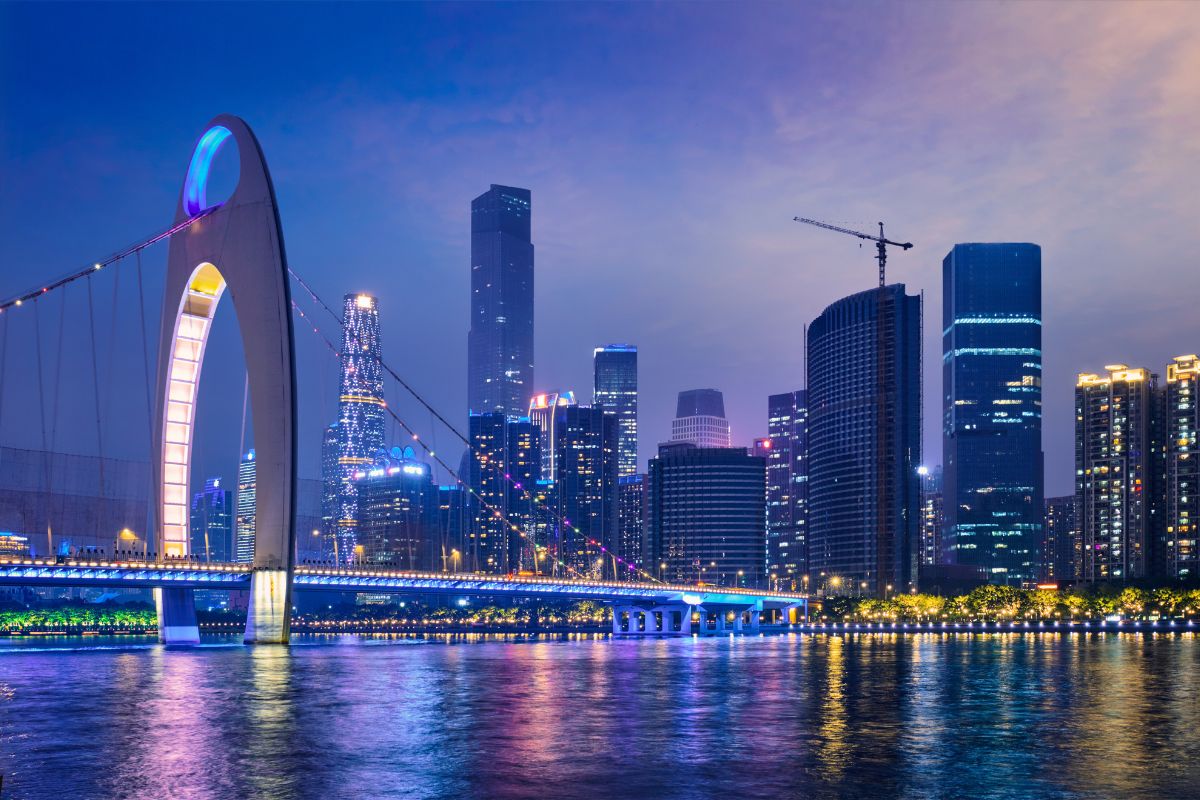
Perhaps we once thought that autonomous driving was unbelievable, but today, pilot operations of autonomous taxis in cities like Beijing and Shanghai are gradually becoming a reality. Equipped with lidar, high-definition cameras, and precise AI algorithms, these intelligent vehicles can accurately perceive their surroundings and make autonomous driving decisions, ensuring safe and smooth travel from the point of departure to the destination. This innovation not only significantly facilitates people's mobility but also greatly enhances traffic safety standards, ushering city transportation into a new era of intelligence.
Cultural Heritage Conservation in Urban Development
As cities develop, people are increasingly aware that cultural heritage is not only a testament to history but also a bridge connecting the past and the future, playing an irreplaceable role in shaping urban characteristics and conveying historical significance. Therefore, in China's urbanization process, the protection and inheritance of cultural heritage have become important topics. The development of the city of Xi'an is a prime example:
Xi'an, a city steeped in rich history as one of China's four ancient capitals, boasts the magnificent ancient city wall. This wall is not only one of the world's largest and best-preserved ancient city walls but also the soul of Xi'an.
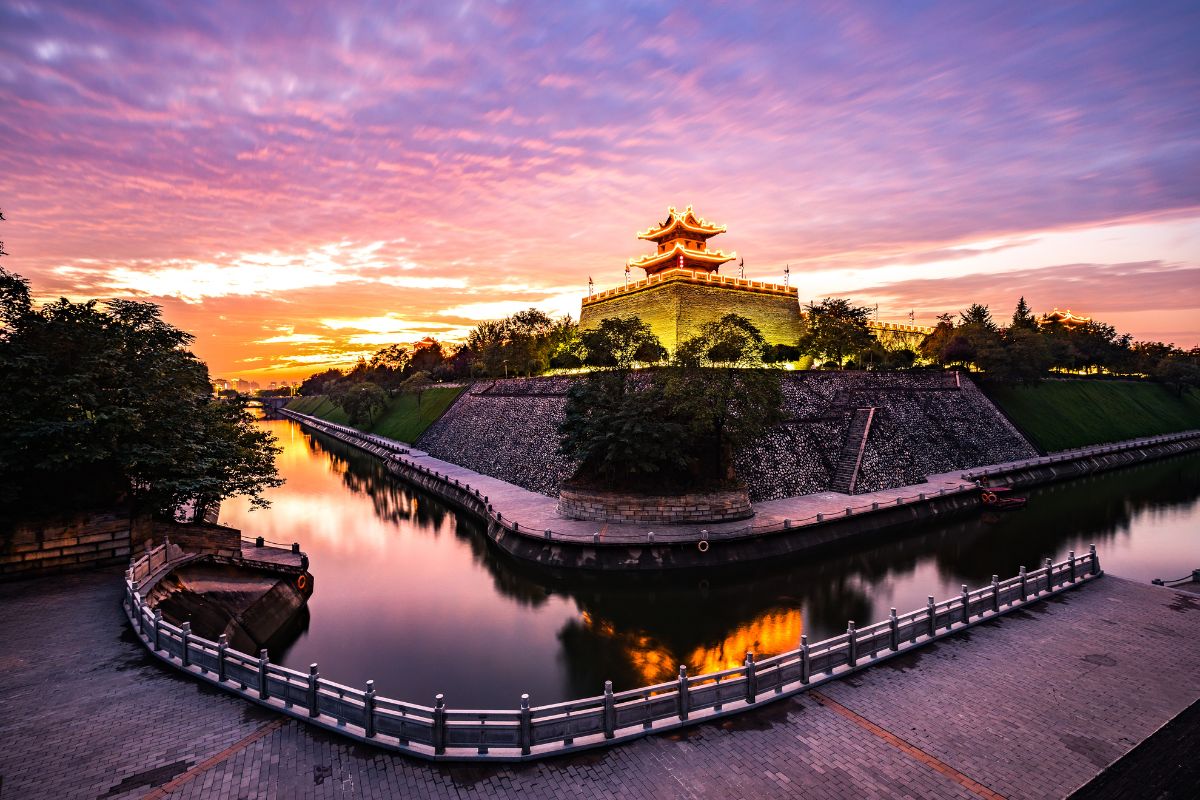
Amid rapid urban development, the Xi'an municipal government has demonstrated respect and value for history by implementing a series of carefully designed preservation measures to ensure the ancient city wall is well-maintained. Moreover, the government ingeniously integrates the ancient city wall into modern urban life, transforming it into an open circular city park.
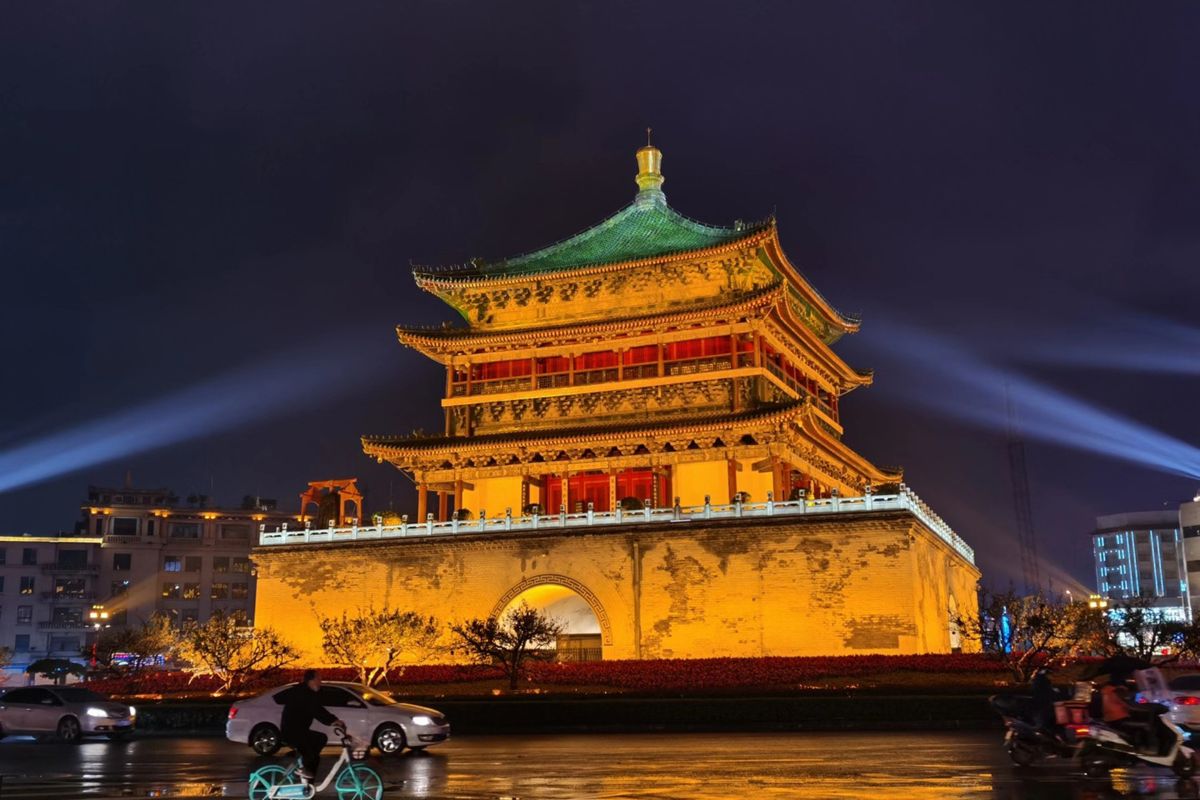
In doing so, the government not only provides residents and tourists with an opportunity to touch history up close but also turns the ancient city wall into a unique and beautiful scenic spot adorning Xi'an's skyline, adding a touch of nostalgia and historical depth to the city's charm. This blend of ancient and modern renders the Xi'an city wall with a sense of historical weightiness and allows every visitor to feel the city's unique cultural charm.
From cashless payments to artificial intelligence and cultural heritage conservation, each field injects new vitality into urban development. Chinese cities, blending modernity with historical legacies, are uniquely paving the way for the future of urban development. Do you appreciate such cities? What is your vision of a grand city?